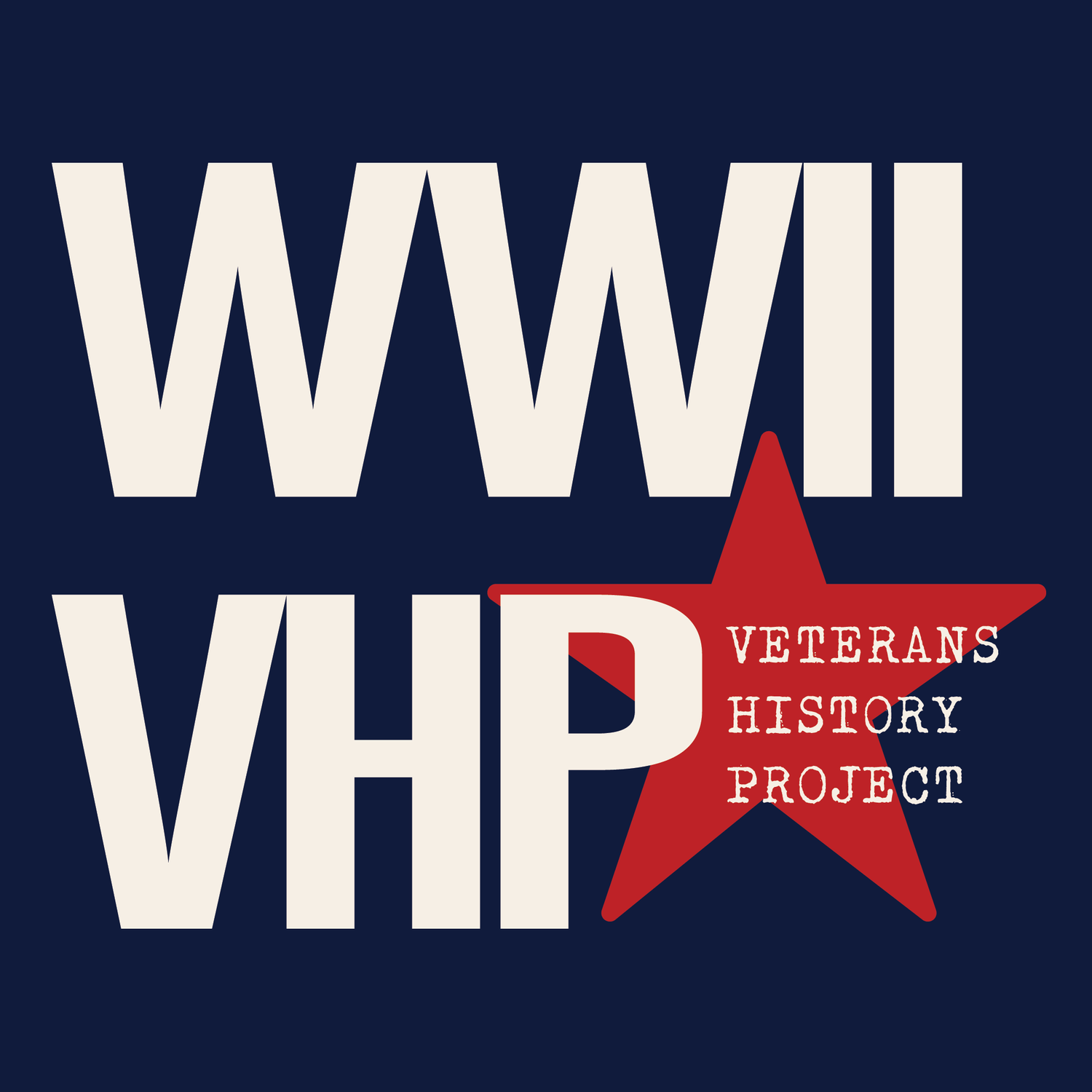HIROSHIMA BOMBING | 77TH ANNIVERSARY
It was a calm and sunny morning on August 6, 1945, when the B-29 bomber Enola Gay departed the American air base on the island of Tinian. Its destination: the city of Hiroshima. At approximately 8:15 a.m. local time, the world's first atomic bomb, nicknamed “Little Boy,” was dropped on the city. The explosion was equal to 15 kilotons of TNT, and it sent a radioactive blast wave across the densely populated metropolis.
Almost immediately, five square miles of Hiroshima were reduced to ashes, turning the city into a toxic wasteland. An enormous mushroom cloud of smoke and debris rose above the ruins of a once-proud and prosperous city.
Hiroshima was chosen as the first target of an atomic bomb due to its economic and military significance to the Japanese war effort. But the destruction also took an unfathomable toll on the civilian population. It is estimated that 70,000 people were immediately vaporized by the blast, and within four days more than 120,000 had perished, with a five-year death toll of as high as 200,000. Those who were lucky enough to survive would never be the same. They would suffer from severe radiation poisoning and other medical ailments all their lives.
Today marks the 77th anniversary of the bombing.
"Giving the Past a Future, One Story at a Time."
WWII Veterans History Project

